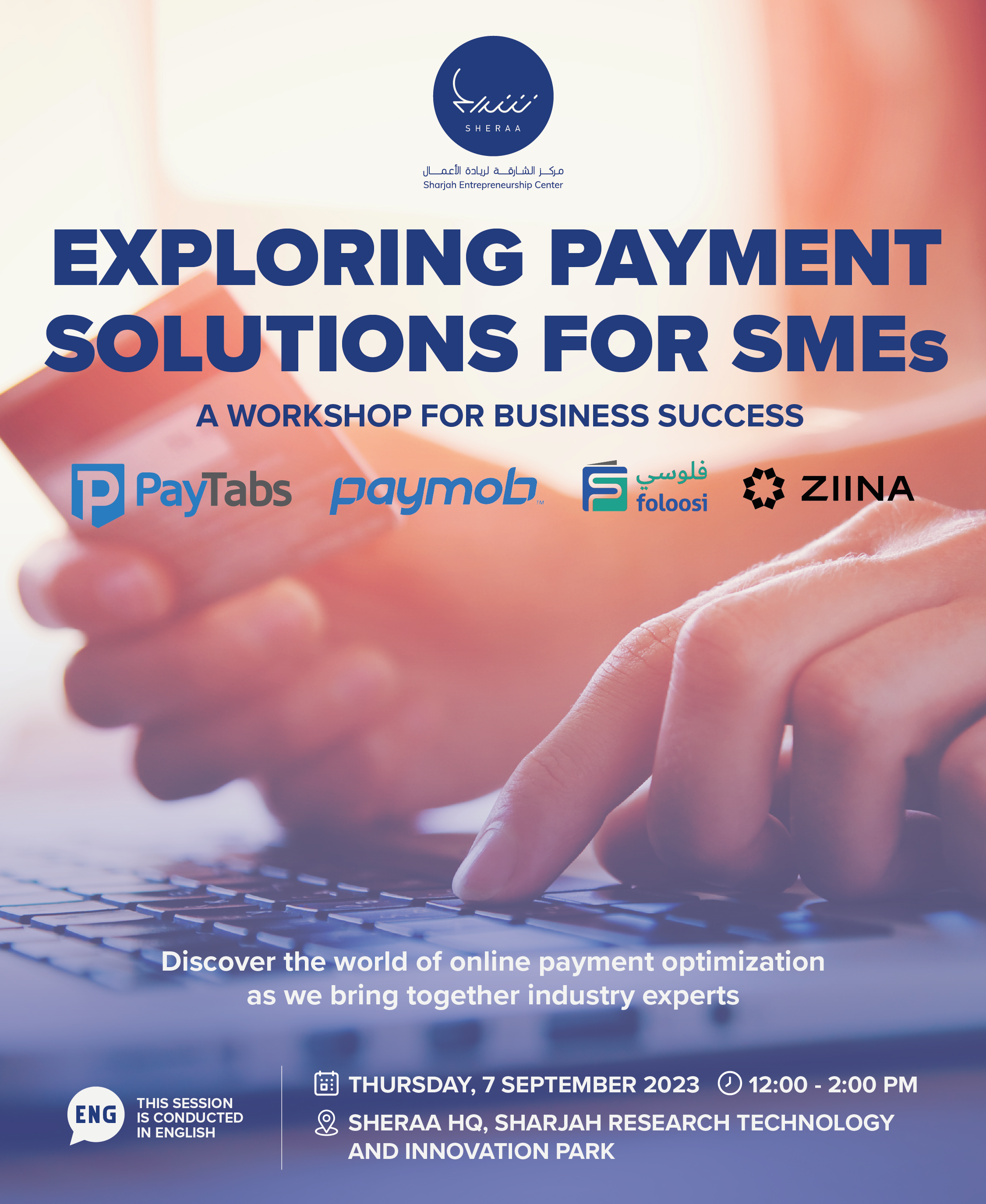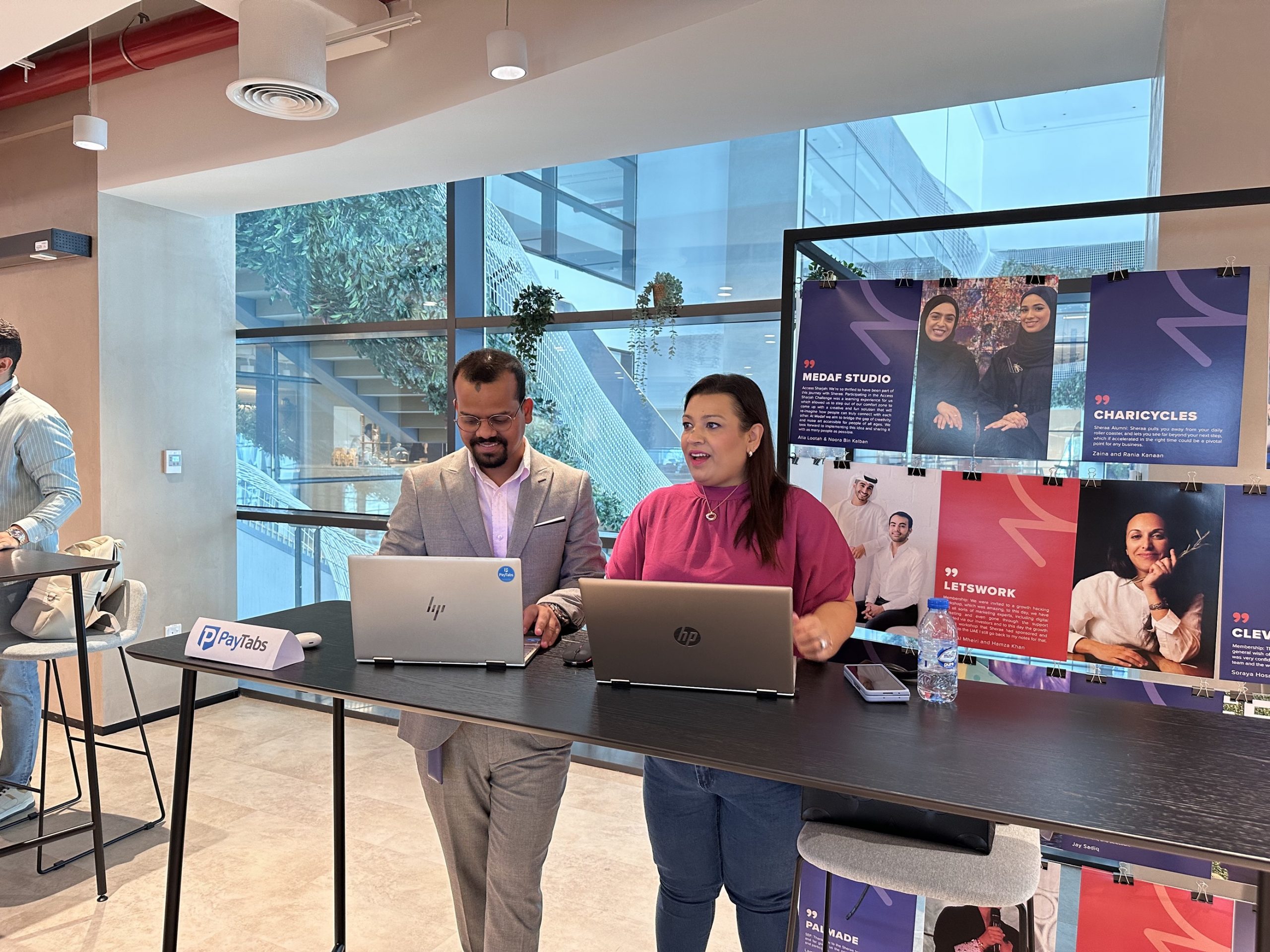Understanding PayTabs Card Issuance: A Comprehensive Guide

PayTabs cards issuance are a game-changing financial instrument that assists businesses and individuals alike in navigating the intricacies of modern finance with ease. These cards enable users to focus on essential aspects of the business — growth, financial well-being, and a seamless digital experience. By offering them a bridge to a more efficient and personalized financial future, PayTabs is reshaping the way businesses manage finance. This article would serve as a PayTabs cards issuance guide and explain the benefits of PayTabs services.
Business Advantages of Using PayTabs Cards Issuance
Focus on Growth
By collaborating with PayTabs Issuance, business owners, entrepreneurs, and freelancers can streamline their payment processes to make them more efficient and reduce administrative burdens significantly. This enables companies to allocate time and resources towards efficient and strategic growth initiatives.
Faster and more efficient payouts lead to improved cash flow management, allowing the business to perform smooth operations and capitalize on growth opportunities as they arise.
Personalized Experience
Customers prefer dealing with businesses that provide them with a personalized experience and a privileged feel. The co-branded cards from PayTabs empower businesses to create personalized and unique experiences for their customers. The card acts as an extension of the business brand by featuring the company’s logo and a customized design.
The personalized touch is not only great for creating a lasting impression but also strengthens customer loyalty as they can relate the brand with a useful and tangible product.
Digital Access
PayTabs issuance allows businesses to seamlessly transition to digital payments and start accepting payments right away. Customers can use the PayTabs to make purchases online, access their funds digitally, and have a convenient and secure payment experience.
In today’s digital age, offering contactless payment has become a necessity. The number of customers migrating towards a digital economy is increasing daily, and businesses need to adapt to changing market trends to stay relevant in the industry.
Peace of Mind
One of the biggest concerns people have while performing digital transactions is security and privacy. In the financial industry, security and compliance are paramount, and PayTabs takes this responsibility seriously. Their card issuance solution adheres to strict security protocols and compliance standards, ensuring customer’s private data is secured.
Every transaction processed through PayTabs follows PCI compliance and is end-to-end encrypted. This gives customers, as well as businesses, peace of mind that their financial information is safe.
Supercharged
The biggest advantage of PayTabs Issuance is its versatility, as it is available for every business and industry and can be tailored to meet any specific needs. Whether you’re a large retailer, a travel agency, or a corporate entity, PayTabs has a solution for everyone.
It is this adaptability that makes PayTabs an attractive option for a wide range of businesses. It not only keeps their transactions secure but also provides them with the tools to enhance their financial operation and customer engagement.
Who can Benefit from PayTabs Cards Issuance?
Small and Medium-sized Enterprises
SMEs often face financial difficulties such as tight cash flow management and limited access to credit. With the help of PayTabs Cards Issuance, SMEs have access to a flexible and efficient financial tool that’ll help streamline their finance management. They can use the cards to manage daily expenses, pay vendors, and control employee spending. With customizable features, they can adapt the cards to their specific needs and fuel the growth of their business.
Startups
Several startups work with limited financial histories and backups. This makes it difficult for them to obtain credit cards or invest large amounts. PayTabs Cards Issuance offer a practical alternative and allow them to manage their finances correctly from day one. Startups require a little bit of flexibility and control during their initial stages in order to grow without worrying about credit checks or high-interest rates; PayTabs Cards Issuance provide these to the company.
Corporate Enterprises
Large corporate entities also find value in PayTabs Cards Issuance, especially when managing employee expenses, travel allowances, and corporate spending. Customizing spending limits and tracking expenditures in real time improves financial oversight and cost control within large organizations. Furthermore, the cards can be branded with the company logo, reinforcing the corporate identity with each transaction.
What Sets Us Apart: PayTabs Cards Issuance Explained?
- Issuing Switch: Executes all the pre-edit validation before authorizing the transaction.
- ATM Controller: Helps in communication with SwitchOn and drives and monitors the ATMs for processing transactions.
- Acquiring Switch: Automatically acquires transactions across different channels and routes them to the network.
- Card Management System: Manages the lifecycle of debit and prepaid cards. Acts as a Prepaid Card host.
- Issuer Authentication Servicer: Authenticated cardholder with OTP for e-commerce transactions.
- Report Processor: Generates various reports periodically through its recurring and automated interface.
Conclusion
In the modern business landscape, financial agility and control matter a lot. PayTabs empowers your business with dynamic card-issuing solutions and enables you to personalize the payment experience. We issue co-branded cards supporting multiple currencies that make payouts a breeze for the business.
These cards streamline expense management, offer unprecedented control, and cater to a wide spectrum of businesses. Whether you’re a large retailer, a merchant, or a corporate entity, this PayTabs Cards Issuance guide will help your organization’s growth and scalability.












